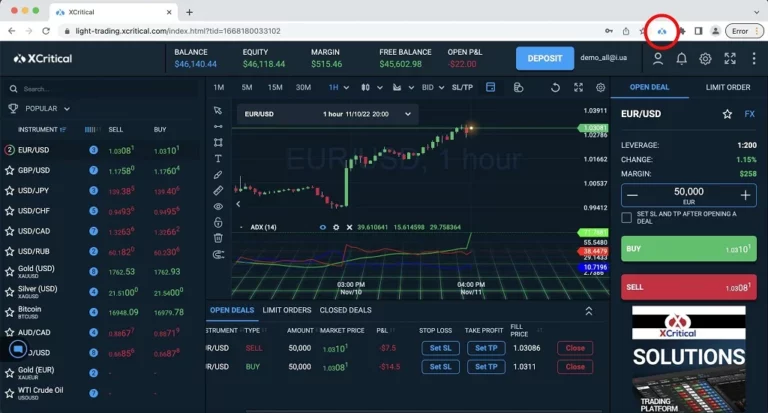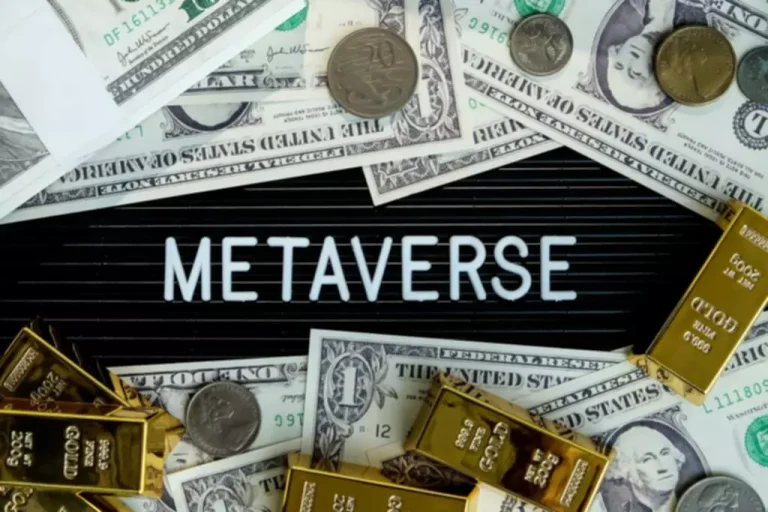The secondary market is pivotal for inventory market liquidity, empowering traders to transact freely. Investors benefit by easily selling and buying securities inside market hours. For the conventional investor, shopping for stocks within the OTC market is likely to appear no totally different when it comes to the method for exchange-listed securities. For example, stocks are assigned a novel ticker symbol and can be found for trading via the major online brokers. Mark-to-market margins are sometimes not applicable to OTC options.
Such stocks are traded on the OTC Exchange of India, which is a stock change designed solely for over-the-counter stocks. Over the counter (OTC) stocks are shares of firms that aren’t listed on the recognised inventory exchanges of India. OTC (Over-the-Counter) and Exchange refer to 2 different methods of buying for and promoting securities.
Stock / Share Market
Secondary market capabilities permit investors to purchase and sell securities amongst themselves without the involvement of the issuing company. Intermediaries corresponding to brokers and supplier market play a key function in matching consumers and sellers, and facilitating the transaction process. Trading mechanisms in secondary markets can take the type of auctions, the place buyers and sellers compete to match their orders, or continuous what is otc trading trading, where trades are executed based mostly on a set of predetermined guidelines. The lack of authorized necessities for disclosure of economic information makes pink sheet shares exceptionally susceptible to price manipulation and fraud. As a result, pink sheet entries might end up being shell corporations.

Under Forward contracts, no mark to market is there, and all the settlement occurs in the lengthy run. Derivatives contracts is traded each on Exchange and Over the Counter (OTC). We gather, retain, and use your contact info for legitimate business purposes solely, to contact you and to provide you info & latest updates relating to our merchandise & providers. Besides the decentralised nature of the OTC market, a core distinction is said to the quantity of data companies are probably to make out there to investors. An Over the Counter Derivative is a monetary contract that’s arranged between two counterparties however with minimal intermediation or Regulation. OTC shares, thus, have the potential to ship multi-bagger returns.
Credit Score Derivatives
This occurs as a outcome of there isn’t any presence of centralised platforms where market members can access information concerning trades, volumes, and prices. In OTC markets, merchants are considerably exposed to the risk of default by their counterparties. As there isn’t any centralised clearinghouse, merchants should rely on the creditworthiness of their counterparties.
While Pink sheet stocks are OTC, they are not OTCBB, Over-the-Counter-Bulletin Board. Pink sheet stocks are represented by the PK suffix with no obligation to file financial reporting with the SEC, which is why they’re additionally reviewed as high-risk investments. Pink sheet stocks are also known as OTC stocks, are traded immediately and compiled electronically.
- A few pink sheet stocks have been identified as fraudulent shell companies, and some are on the verge of bankruptcy.
- Even though it might seem unpredictable and unstable, well-versed investors can easily sail through.
- Our Super App is a
- You must open a demat account and a buying and selling account with such brokers to trade in OTC stocks.
- Over-the-Counter is the process of buying and selling securities of unlisted companies.
Credit Default Swap (CDS) and Credit Linked Notes (CLNs) are examples of OTC buying and selling in credit score derivatives. Due to their infrequent and illiquid nature, it can be very difficult to search out patrons or sellers in the market. Certain pink sheet stocks have additionally been recognized to be found as fraudulent shell firms and in certain conditions, they’re on the verge of insolvency. In OTC options, there isn’t a change or clearinghouse involved between the client and vendor, and so they are free to set strike prices and expirations based mostly on mutually agreed terms.
Be Part Of The 5paisa Community – The Primary Listed Low Cost Broker Of India
Even although it sounds dangerous, some buyers get to see the potential upside. And they may end up getting first dibs on the in any other case hidden gems. Over-the-Counter is the method of buying and selling securities of unlisted corporations. OTC platforms that trade pink sheet stocks or penny shares are an digital decentralised network of dealers and brokers. These platforms don’t fall under the identical reporting requirements as different major exchanges and are identified to operate two tiers of buying and selling marketplaces.
However, there is not a obligation for such corporations to reveal financial info or situation transparent to the brokers and sellers who may choose to market their securities. Equities listed and traded over-the-counter (OTC) markets rather than on main shares like NASDAQ or NYSE (New York Stock Exchange) are generally identified as Pink sheet stocks. In the previous, the price quotation for such stocks was printed on pink paper slips, which is how they got here to be often recognized as pink-sheet shares. Future contracts require margin and follow mark to the market mechanism (daily settlement). Two forms of margins are there – Initial Margin and Maintenance Margin. Both parties in a future contract must maintain the Maintenance Margin to proceed trading.

The main difference between the 2 is that penny shares may be listed on inventory exchanges, not like pink sheet shares. A penny inventory listed immediately on the OTC market additionally falls under the pink sheet category. Both OTC derivatives and exchange-traded futures are financial devices used for risk management and hypothesis. They derive their value from an underlying asset and involve contracts between two parties. However, OTC derivatives are traded instantly between counterparties, while exchange-traded futures are traded on organized exchanges.
This OTC market includes reputable and well-established companies that meet high monetary requirements. Besides, it additionally comes with other stringent reporting requirements. The basic belongings in forex derivatives are changes in international foreign money rates. Mr X took a mortgage of $10 mn for 10 yrs with a fixed rate of interest payment of 6% per annum. Mr X did some analysis and expects the rates of interest to lower in the upcoming years. So, Mr Y (counterparty) and Mr X entered an rate of interest swap contract and began paying exchanged rates of interest as defined.

However, some brokers are licensed to allow their prospects to commerce in such shares. So, when you have a demat account with a reduction broker, find out if the broker permits buying and selling in OTC stocks. Discount brokers are those who provide restricted services and allow you to commerce in stocks and different devices for lesser costs than a full-service broker.
Brokers and market makers who participate in OTC choices markets, however, are usually regulated by a authorities company. Options contracts that are traded between private events rather than on exchanges are often identified as over-the-counter choices. OTC option agreements don’t have the same process as exchange-traded choices, which are originated and distributed by way of clearinghouses. In forex derivatives, the underlying property are changes in international exchange rates.
Here, an interest rate swap between the buying and selling parties allows the interest rate to be fixed, switching from a floating interest rate.
As there is a lack of liquidity and transparency in OTC markets, it eventually paves the greatest way for higher worth volatility. This may occur due to a restricted number of market members and zero public information relating to the market. The OTC market is usually much less transparent than the exchange-traded market.
Pink sheet shares, additionally referred to as OTC stocks, are traded directly and compiled electronically. Since they’re thinly traded, they’ll have greater buying and selling costs, low liquidity, and longer waiting periods for buyers. Pink sheets are stocks that may’t trade on exchanges like BSE, NSE, or NYSE/NASDAQ for various reasons. They might lack adequate capital to go public, or it might not make sense for them to do so over a small amount of money they intend to boost. Some firms may take a strategic choice to not go public as a end result of scrutiny that regulatory boards convey. Note that over-the-counter stocks aren’t available with all low cost brokers.
